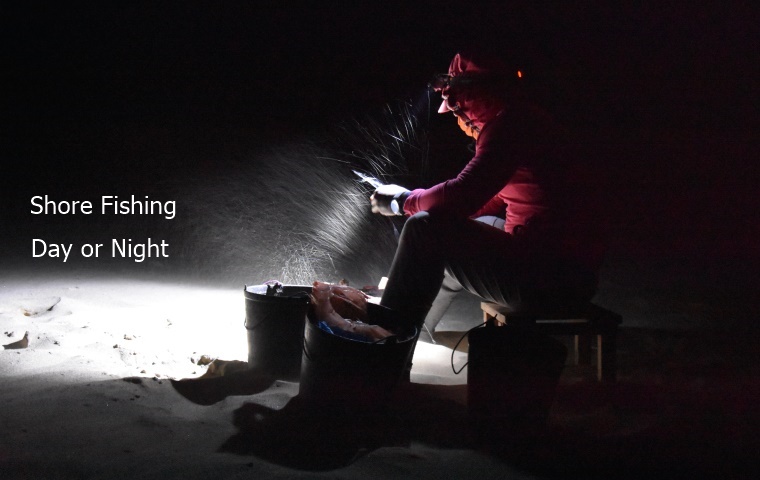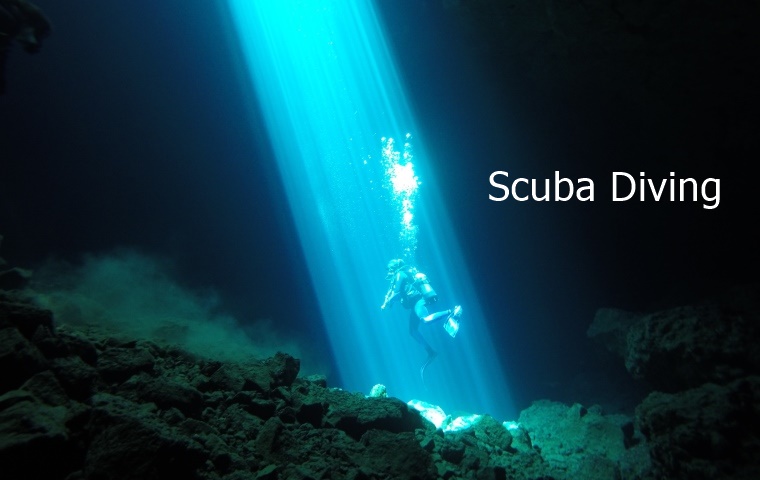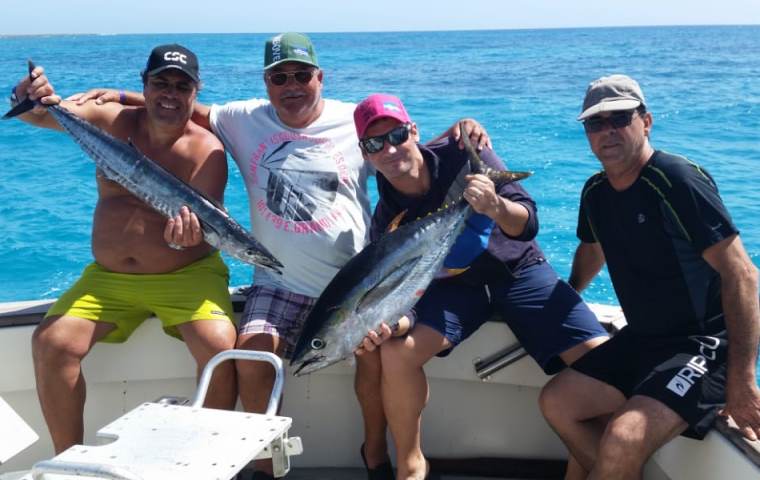GENERAL - Street-Wise-Cape-Verde
Street wise
I started writing about a number of things that people may need to consider if visiting or coming to Cape Verde to live or work in 2005. Having based myself on Sal Island at the time, I was able to see what it as like to live there. Most of what is written below was based on experiences on Sal Island. I've also travelled to a number of other Cape Verde islands over the years and noted some of the things I'd seen or wanted to share with others about those too. Things have moved on to some degree, more so where tourism has had an impact. However in 2019, some of these things I refer to below may still be relevant today, in some places, it depends where you are.
Unwelcome sellers:
Some tourists may not like being approached by street sellers, others may be seasoned travellers and visited other countries where people try selling them pictures, watches, sunglasses etc. In some of the tourist areas, it is more likely you will be approached by sellers on the streets, these sellers are usually not Cape Verdeans'. However these sellers will try and engage you by asking if you are German, Dutch, Italian or English, its best not to engage in conversation, it’s sometimes hard to get rid of them if you do. A firm ‘No’, a smile and a hand wave to show you aren't interested almost always works, keep on walking and ignore them, don't engage in more conversation, otherwise you may have a friend for the rest of your stay if you promise them you will come back another day. The same goes when they try to attract your attention and try to get you to come into their shops. Cape Verdean people do not use this tactic.
2019: Things have improved since 2005 in Santa Maria, on Sal Island anyway, there are fewer sellers on the streets as the Police are more vigilant following complaints from tour operators.
Walking around:
Take a few pairs of comfy shoes/sandals. You can buy cheap flip flops in the Chinese Loja. Do not carry large amounts of valuables in your bag. As with any place in the world, you can get robbed.
There is a lot of uneven ground, ground that has been dug up to lay pipes, missing cobble stones and other obstacles to avoid. The ground is also slippery underfoot after the few odd occasions it has rained. There was no drainage system in place as at Aug 07, in Santa Maria, so puddles lay around for days.
Kids and youths may approach you for dinheiro (money) or ask for Euros. If you give money to them it only encourages them and others to think its
an easy way to make money, it also makes it worse for those visiting the islands for the first time or returning to the islands, its not what
the islanders want their kids to learn from you!
If going out for the first time at night you will probably find it quite daunting, the dark streets, people standing on street corners or approaching you. Once you have got over the culture shock, its not that bad, you will become more confident. Just remember to stick to the main streets that are lit. If you do feel uncomfortable you can always flag down a taxi cab, just remember where you are staying, it does help! 2019: One of the mail roads in Santa Maria (Rua 1 de Junho) became pedestrianised, new street lighting has been installed and benches where you can sit and relax.
Bring a mosquito bite pen for mosquito bites, sometimes they won't work once the bite has inflamed the area. Always read the instructions first.
Use insect repellent suntan lotion, it helps. Also take the insect repellent plugs for your room. There are also other flying bugs that bite.
I had about four bites, a friend had over 30. I used aloe vera moisturiser on my face before I went out one day, this attracted loads of flies
(must have thought I smelt nice) so had to wash it off quickly. I also found the mosquito plug-ins helpful to repel mosquitos. Bring wet wipes
also the medicated or santising wipes. There are some cockroaches to be found or will find you, some crawl under gaps of doors or fly through
open windows.
Dogs and Cats:
There are lots of dogs that roam around freely (not owned). It has been known that dogs have been poisoned in the past however on some islands there are programmes to capture and neuter them. There are also a lot of stray kittens and cats. Pets sometimes eat the poison put out for the strays, unfortunately I lost a pet cat that way in 2009.
If you feel sorry for the stray kitten or puppy you find and feed when you visit Sal, please don't expect the ex-pats to take it in when you leave, we have had requests to do this but it really isn't fair to expect any of us to be left with it! There is one Vet on the island of Sal. More info on: Dogs and Cats
Rubbish:
There are some large bins situated around the town, which you can put your rubbish in, some street bins are gradually being introduced. There isn't a recycling plant so just keep it in mind when leaving products that can’t be recycled like plastic bags. Although Council cleaners clean up the streets there is still a problem of rubbish been blown about in the winds.
When walking on the beach be careful, as there may be broken glass underfoot. There isn't a beach cleaning service along the coastline, some hotel staff clear the beach in front of their facilities. You will see plenty of broken bottles on the streets.
Cattle can be found feeding at the rubbish tip in the early evening; they freely stand amongst the burning rubbish, chewing all sorts of items.
Driving:
Dogs, cats, cows, donkeys freely walk up and across the main road. Without any street lights at night you may not be able to spot them before its too late. Be careful driving along the main carriageway at night.
Market:
If you go into the outdoor market just up from the Catholic Church be prepared to get some hassle. There are some clothes for sale on a street market, most clothes lay in a pile on the floor.
Beer Bottles:
Wipe the tops of bottled beers and cans before you drink from them.
Valuables:
There are still opportunists about. People have been robbed of belongings that they have left in the car, occasionally thieves have been brave enough to reach into car open windows and snatch belongings even when people are sat in the car. Be careful when carrying other larger items such as a laptop, more so at night on back streets where there may not be many other people about or, in unlit areas.
As with any place in the world, just be aware of your surroundings, do not take valuables to the beach or leave them unattended. Or go to areas where you are isolated and on your own.
I have been shown a counterfeit bank note. Apparently this is happening with Euro and Escudo notes.
English:
The Cape Verdean people don't speak much English on Sal, some of the hotel staff speak a little, but generally you will need to learn some Portuguese, it does help especially if it looks like you are trying to communicate using their language when ordering food, a beer, getting a taxi and trying to give directions. In 2019 those employed at hotels have received classes in English, some have already been taught it now in schools on some islands.
Roads
January 2011 - Roadworks commence in Santa Maria.
August 2011- A number of new roads have been laid using local stone for cobbles.There is still a lot of work to be done, but they make walking a bit easier. Drainage system have been installed in Santa Maria, but sometimes following heavy downpours they have been blocked up with rubbish.
Shore Fishing - Sal Island

Most Popular
Shore Fishing
Fishing from the Shore - Come catch some fish with us
Advertise here
-

Most Popular
Santa Maria Dive Center
Promote your business-Scuba diving
Deep Sea Fishing
-

Most Popular
Deep Sea Fishing with SMFC - Sal Island
Info on-FISHING TRIPS
Visa Options
There are a few ways to obtain and extend your visa.
more info
Weddings Cape Verde
We provide marriage blessing ceremonies on the island of Sal, Cape Verde